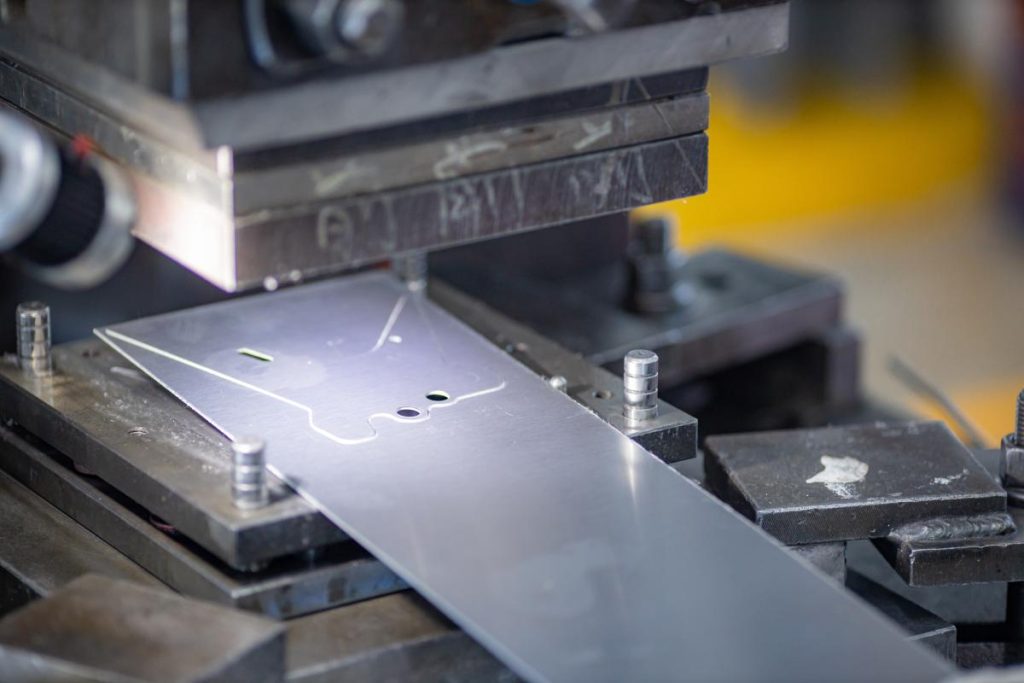Wrenches are the silent heroes within any toolbox, often unnoticed until they become essential. These adaptable tools come in an assortment of shapes and sizes, serving a wide array of purposes across various industries. From minor household repairs to intricate machinery in manufacturing, the wrench stands as a crucial element, ensuring precision and effectiveness.

What are the different wrench types and their specific uses?
Wrenches boast a diverse range, each tailored for specific tasks. Spanner wrenches, designed for turning nuts and bolts with adjustable or open-ended configurations, excel in their domain. Socket wrenches, alternatively, offer a versatile range of socket sizes catering to various fasteners. Additionally, pipe wrenches adeptly handle rounded surfaces like pipes, courtesy of their serrated jaws. Each type addresses a unique set of applications, spanning automotive repairs to plumbing and construction.
How vital is the right wrench for a specific task?
The correct wrench significantly influences task efficiency and safety. An ill-suited wrench can cause damage to fasteners or surfaces, leading to costly repairs or replacements. Opting for the appropriate type and size ensures a secure grip on fasteners, mitigating slip-ups and potential injuries. Notably, within the geocomposite industry, specialized wrenches play a crucial role in securely fastening geocomposite materials without causing damage.
What are the crucial considerations when using wrenches?
Safety takes precedence when handling wrenches. Ensuring proper tool fitting, applying force in the correct direction, and utilizing suitable sizes to prevent bolt stripping or rounding off is imperative. Regular maintenance, including cleaning and lubrication, extends the lifespan of wrenches while preserving their efficiency.
How do wrenches intertwine with geocomposite applications?
Geocomposites, integral in civil engineering for tasks such as soil stabilization or environmental protection, often demand specific fastening mechanisms for secure installation. Wrenches play a pivotal role in guaranteeing the firm fastening of geocomposite materials, ensuring structural integrity and durability in areas like retaining walls, drainage systems, or erosion control.

Applications and Geocomposite Relevance:
Wrenches serve as fundamental tools in industries dealing with geocomposite materials. Whether anchoring geotextiles or securing geogrids, these tools ensure precise installation and maintenance of geocomposite structures. The precise application of torque facilitated by wrenches is crucial for the structural stability of these materials, fortifying infrastructural projects against potential failures.
To conclude, wrenches, though seemingly unassuming, emerge as indispensable tools across a vast spectrum of industries. Their role in fortifying task efficacy and safety, especially within geocomposite-related applications, cannot be overstated. Choosing and utilizing the appropriate wrench with precision not only amplifies efficiency but also substantially bolsters the resilience and reliability of diverse projects.
